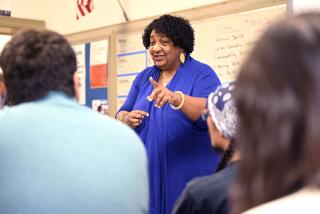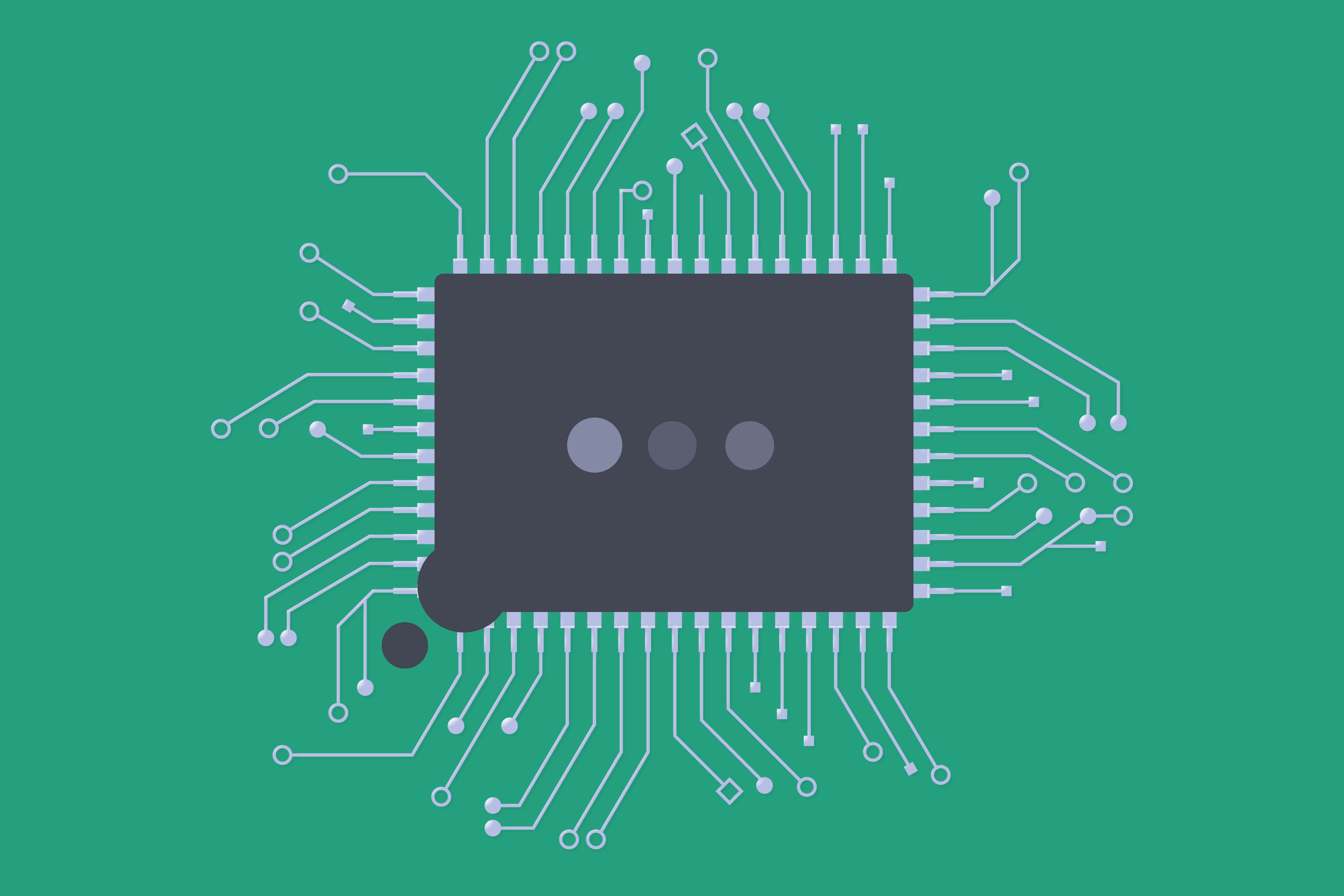Chads Hang Over Recall
- Share via
If you think that the state Supreme Court on Thursday kept California from becoming the next Florida -- a national symbol of electoral fiascos -- you may be celebrating prematurely.
The decision by the court not to review five separate recall challenges cleared away state law questions regarding the process, but significant federal issues remain. And, ironically, the decision of the California Supreme Court in one of the cases increases the chances that federal courts could find constitutional problems in the recall procedures.
Among the claims rejected by the court was Gov. Gray Davis’ argument that the use of punch-card voting and the loss of polling stations in some places -- including Los Angeles -- through consolidation could create an equal-protection problem under the U.S. Constitution.
Davis’ claim could well have merit.
We know that punch-card voting has a much higher error rate than other means of casting ballots, such as paper ballots or optical scanning machines. Thus, a punch-card voter is more likely to cast a ballot that does not count than a voter using other methods. During the 2000 election controversy, the U.S. Supreme Court held in Bush vs. Gore that it is a violation of the equal-protection law to value one person’s vote over that of another. After that case, voting rights organizations challenged punch-card voting in four states, including California.
California settled its suit and agreed to phase out punch-card voting by March 2004. Illinois did not settle, and a federal district judge held that the use of punch-card voting indeed constitutes an equal-protection violation under Bush vs. Gore.
Thursday, the California Supreme Court rejected Davis’ punch-card challenge unanimously. However, the ACLU has now filed the same type of claim in federal district court.
The problems over the use of punch-card voting and the consolidation of precincts are exacerbated by another ruling Thursday. The court denied a challenge to the rules allowing someone to become a candidate with a mere 65 signatures and a $3,500 fee. The upshot is that we may have hundreds of candidates on the recall ballot.
The ballot will take longer to fill out (assuming the machines can even handle such a long list of candidates), especially because the names will be listed randomly. This could lead to long lines of voters, particularly given the consolidation of polling sites, raising serious equal-protection problems.
In his brief in the California Supreme Court opposing the Davis claim on punch cards, the attorney general wrote that “if specific problems do occur [because of the use of punch cards or consolidation of precincts], appropriately tailored judicial relief may be available to remedy these specific problems.”
But that would be an after-the-fact remedy. And the federal courts considering these issues may consider this inadequate. As Florida taught us, an after-the-fact solution to problems at the polls is bad for the legitimacy of the courts and bad for voters’ faith in the democratic process.
Do not be surprised if a federal court intervenes on this basis. Or it could intervene on the claim that the recall election procedures need to be cleared with the U.S. Justice Department to ensure that the process will not discriminate against a protected minority group.
Federal court intervention may entail a delay of the election, but delay is a small price to pay to ensure that the recall election takes place using procedures that do not value one person’s vote over that of another.
More to Read
Sign up for Essential California
The most important California stories and recommendations in your inbox every morning.
You may occasionally receive promotional content from the Los Angeles Times.










